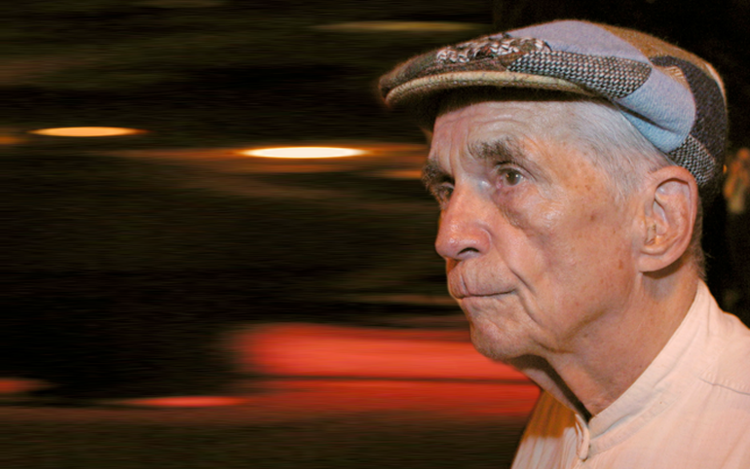A Jesuit priest, poet, activist, scholar, writer, fugitive and inmate, Daniel J. Berrigan was one of the most influential Catholics of our time. His place in American Catholic history is beside the other two giants of the 20th century: Dorothy Day and Thomas Merton, both of whom were his friends. Father Berrigan inspired generations of men and women in the battle for social justice and put himself on the front lines in the war against war. He was perhaps best known as a member of the Catonsville Nine, a group of Catholic activists who seized piles of draft records in May 1968, during the Vietnam War, and set them on fire. Instead of appearing at his sentencing hearing two years later, Father Berrigan chose to go underground, “a fugitive from injustice,” as he put it with his dry wit. He was captured three months later by agents of the Federal Bureau of Investigation and jailed, one of a series of incarcerations over the years. A widely circulated photo showed him handcuffed, with a wide grin, flashing a peace sign.
Saints are often people who live out their Christianity in a way that seems ridiculous or even scandalous. As Father Berrigan wrote about Dorothy Day, he lived the Gospel as if it were true. But his actions rarely won him acclaim from the hierarchy, and he faced fierce opposition from Cardinal Francis Spellman, the powerful archbishop of New York. Even within the Jesuits there were grumblings about his “way of proceeding,” though Pedro Arrupe, S.J., then superior general, visited him in his cell in a federal prison during a trip to the United States, signaling his support.
Father Berrigan did not mellow in old age. He continued to agitate for change until the end. “Start with the impossible,” he wrote. “Proceed calmly towards the improbable. No worry, there are at least five exits.”








